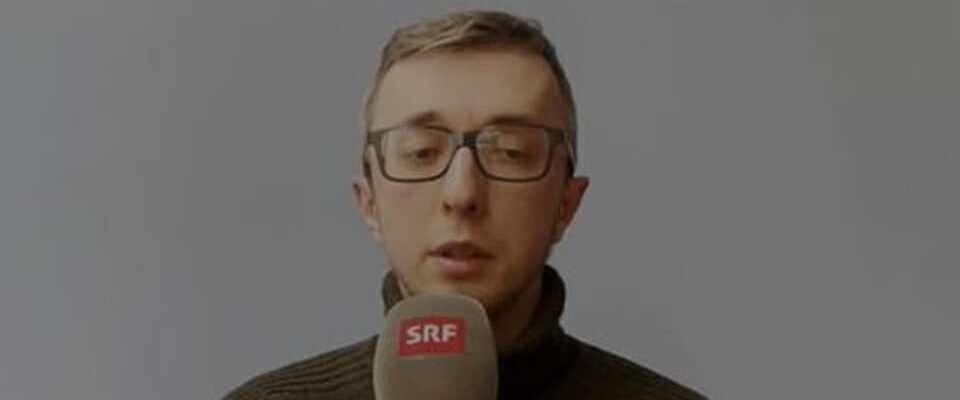contents
Putin’s attack on Ukraine has left many Russians homeless. Aleksei in Zurich would like to hand in his passport.
Over 16,000 Russians live in Switzerland. Many work in healthcare as nurses or in the IT industry. Even if they are not on any sanctions list, life has changed for them in recent weeks. They feel the psychological pressure of the stigma of being Russian.
This is the “point of no return,” thought Aleksei, a Russian living in Zurich, about eight weeks ago when Russian soldiers marched into Ukraine. But that was just the beginning: “Every day you can see that everything is only getting worse.”
Every day you can see that everything is only getting worse.
With every additional day of war and every event that exposes Russia’s brutality, the pressure on him increases, says the young computer scientist, who has lived in Switzerland for six years.
Aleksei feels the psychological pressure from the propaganda from both sides, against the Russians as well as against the West. This also has to do with the fact that his best Russian-speaking friend in Switzerland is a Ukrainian. Many videos are circulating: “Of course it hurts to see and hear that all Russians are evil and barbarians,” says Aleksei.
understanding of hate
He feels the wave of hatred against the Russians, especially on social media. “I understand when it comes from the Ukrainians. The situation is now critical for them. Maybe they have to stick together by hating the Russians.”
Legend:
“Point of no return”: Aleksei, a Russian national, has been living and working as a computer scientist in Zurich for six years. The war in Ukraine also changed his life.
SRF
But Aleksei also feels the pressure from the Russian side, which creates anti-West sentiment. And as a Russian in Switzerland, he belongs to the western world. This is becoming an increasing problem for his friends who live in Russia.
communication becomes more difficult
“We try not to talk about politics, but sometimes that doesn’t work and you end up at war,” says Aleksei. This is not only fraught with conflict, but also dangerous, because he doesn’t want to endanger his parents living in Russia and his wife with statements critical of Russia.
I’ll say I’m Russian, but I’ll apologize right away because I’m ashamed.
But his behavior has not only changed when dealing with his Ukrainian and Russian friends. The longer the war lasted, he was also more cautious and reserved towards the Swiss: “I’ll still say that I’m Russian, but I’ll apologize right away because I’m ashamed.” Apologizing has become normal for him.
Hoping for the Swiss passport
The war in Ukraine also made it easier for him to decide where he wanted to live in the future, says Aleksei: “I hope that I can be naturalized in five years. Then I can hand in my Russian passport.” Then he is Swiss. On paper.
I remain Russian and will have to bear this stigma forever.
Because Russia remains the country where he comes from. “Of course I can’t put off Russian culture, even if I’m against Putin, the war and the radicalization in parts of Russian society.”
Aleksei can change his behavior. His friends. his passport. And yet something remains at the end: “I will remain Russian – and I will have to bear this stigma forever.”
